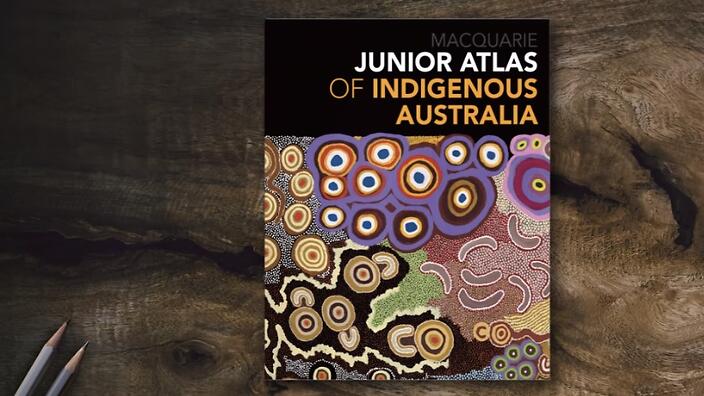Pressure from Aboriginal academics has lead publishers to withdraw the book from shelves.
Midyear 2021, after pressure mounted on the Australian education system to implement correct teaching of Aboriginal and Torres Strait Islander culture and history, the first stages of Junior educational material has begun to be released by Macquarie and Pac Macmillian.
The new book ‘Junior Atlas of Indigenous Australia’, has come under large criticism for ‘white-washing of information’, and non-sufficient sensitivity reads.
Wiradjuri woman, Professor Anita Heiss took to twitter after accessing the atlas via email with dismay to the publishers lack of sight into the books content.
Of the 40 authors, Macquarie Dictionary confirmed that one-third were Indigenous, with non-Indigenous authors having “spent their professional lives working with communities on Indigenous issues.”
What is the book being accused of?
According to critiques of the book, Wiradjuri does not appear in the index of the book. Heiss commented, ‘I flicked to the index. ‘Wiradjuri’ doesn’t appear. Given the book speaks of language and we have one of the strongest language reclamation programs in the country, I’m pretty disappointed’.
In Chapter 27 of the atlas, petrol sniffing is described as a “damaging form of drug use among young people” which had “spread to an increasing number of communities”. It referenced the introduction of low-aromatic, lead-free fuel which contributed to the rate of people petrol sniffing “dramatically”. This is mentioned in the children’s book without reference to colonialism and dispossession.
Amongst the book, it contains mentions of domestic violence and alcohol abuse within Aboriginal communities with no context of missions and religious expansion.
Article Written by Jasper Cohen-Hunter
Cover Image Source: SBS NITV


